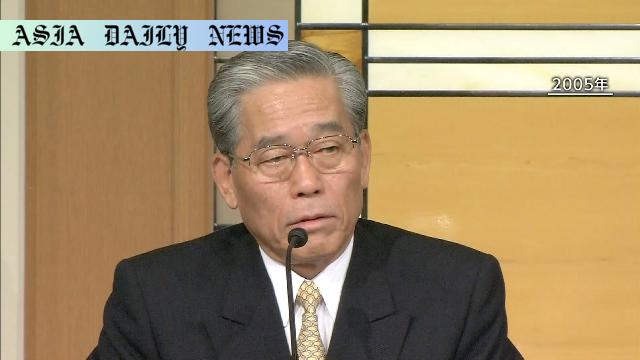Fuji Television faces significant revenue loss and management restructuring following a scandal involving a former TV host.
Fuji Television executive advisor Hieda resigns after a scandal.
Scandal causes ad revenue drops, with monthly revenue falling by 90%.
Management restructuring announced to regain trust.

Hieda Resigns Amid Scandal and Fallout
Fuji Television Network’s executive managing advisor, Hieda Hisashi, officially stepped down following a growing scandal involving a retired TV personality. This scandal has not only tarnished the broadcaster’s reputation but has also severely impacted its financial stability. Hieda, aged 87, has been a prominent figure in the company and previously served as the president and chairman of Fuji Television. Despite transitioning to an advisory role in 2017, Hieda remained influential in the network’s operational decisions.
The scandal gained traction when reports emerged about misconduct involving the now-retired host and a woman last year. Fuji Television’s restricted press event in January, intended to address the matter, backfired disastrously. The lack of transparency led to greater scrutiny from the public, its advertisers, and industry analysts. Major corporate sponsors, demonstrating the reach of the incident’s negative press, significantly reduced or entirely withdrew their advertising campaigns.
Revenue Declines and Financial Impact
The outcome of the scandal has been catastrophic for Fuji Television’s revenue. The company announced that its group-wide revenue forecast for the fiscal year ending in March will decline by 3.2%, amounting to 548 billion yen ($3.64 billion). More shockingly, net profits are set to plunge by 73.6%, dropping to 9.8 billion yen ($65 million). Monthly advertising revenues in February alone fell by 90% compared to the previous year, underscoring the magnitude of the current crisis. Analysts are predicting that Fuji may even report an annual financial loss for the year.
The ripple effects of the scandal extend beyond just financial losses. Trust in the broadcaster has been eroded significantly, as advertisers and stakeholders question its ability to maintain ethical standards and a reliable management structure. Faced with these overwhelming challenges, the company is now forced into urgent damage control measures.
Management Restructuring to Rebuild Trust
In a bid to demonstrate accountability and rebuild public and industry trust, Fuji Media Holdings and Fuji Television are implementing substantial management changes. The parent company plans to reduce its board of directors from 15 to 11 members this June. Similarly, Fuji Television itself is taking an even more dramatic step by halving its board to just 10 members. These changes are portrayed as efforts aimed at increasing agility, transparency, and improving decision-making within the broadcaster’s structure.
However, these structural adjustments may not be sufficient to address the root issues plaguing the network. The broadcaster must make a concerted effort to establish a stronger ethical code of conduct and improve communication strategies in times of crisis if it hopes to regain its standing. Experts warn that the adoption of cosmetic changes alone is unlikely to heal the reputational and financial damage caused by the scandal.



Commentary
The Unfolding Crisis at Fuji Television
The situation at Fuji Television underscores the fragility of reputations in the corporate world, especially for organizations operating in the public eye. Hieda Hisashi’s resignation, while notable, signifies just one piece of the broader issue plaguing Fuji Television. This scandal reflects the significant and immediate consequences of mismanagement and lack of transparency – factors that have the potential to cripple even the most established institutions.
Financial Fallout and Responsibility
The 90% drop in ad revenues highlights the interconnected nature of media enterprises and their financial reliance on a trusted relationship with advertisers. The loss of trust from advertisers cannot be overstated – it serves as both a wake-up call and a dire warning about the importance of ethical conduct and swift action to address potential pitfalls. While Fuji Television is implementing structural changes, it remains unclear whether these measures will be enough to stem the bleeding and restore financial stability.
Lessons for the Industry
Beyond Fuji Television’s own challenges, this event serves as a broader lesson for the media industry. In a world where information travels quicker than ever, mishandling crises or ignoring public sentiment can prove disastrous. Fuji Television’s restrictive approach to its initial press conferences only amplified the backlash – a clear indicator of the need for transparency and more open communication. Trust, in such sensitive sectors, is the lifeblood of sustainability, and once broken, requires immense effort to restore.
Consequently, media organizations globally may take cues from this incident, emphasizing the need for robust internal policies, ethical frameworks, and being proactive in addressing scandals. While the road ahead for Fuji Television is undoubtedly challenging, a genuine commitment to ethics, innovation, and accountability can perhaps signal the start of its recovery.